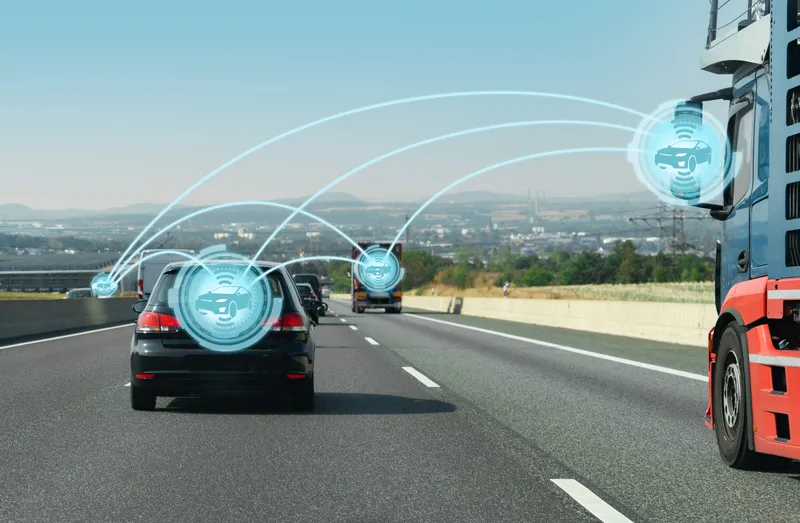
The English city of Milton Keynes has received £200,000 to investigate whether a high-speed, driverless transport network is viable.
The UK government funding - which will be matched by private companies - is to look at the Advanced Very Rapid Transport (AVRT) mass transit concept, which would use automated vehicles on purpose-designed, segregated pathways.
The council will commission a study to determine how the AVRT project could fit in with the city’s current and proposed infrastructure to deliver "fast, frequent and reliable public transport" on 18 miles of routes in and around Milton Keynes.
Milton Keynes City Council already has plans to build a modern mass transit system, and the new research will analyse how the systems could be integrated.
“Delivering a sustainable and effective transport system is exactly what we need to do as a modern smart city," said leader of MK City Council Pete Marland.
"A project like this will not only enable us to move faster, it will also open up new gateways into our city, attracting a wider range of people to live, work and set up their businesses here. This study will help us look at how we make the most of the opportunities AVRT presents to bring cleaner and affordable travel to MK.”
The businesses involved in the study are Costain, Arup, powertrain specialist Equipmake, Avant Design and Conigital, which provides support for developing the vehicles' autonomous control systems.










